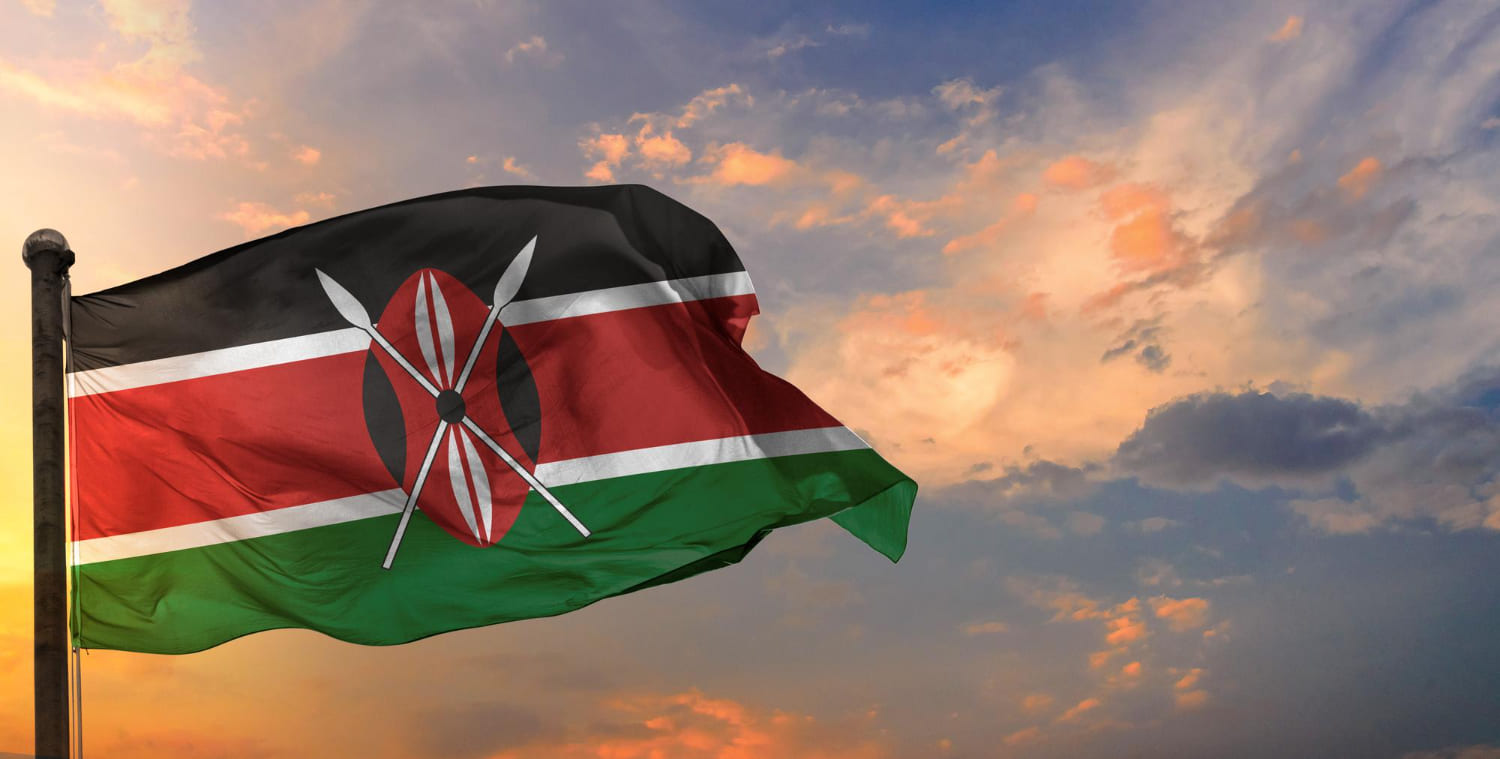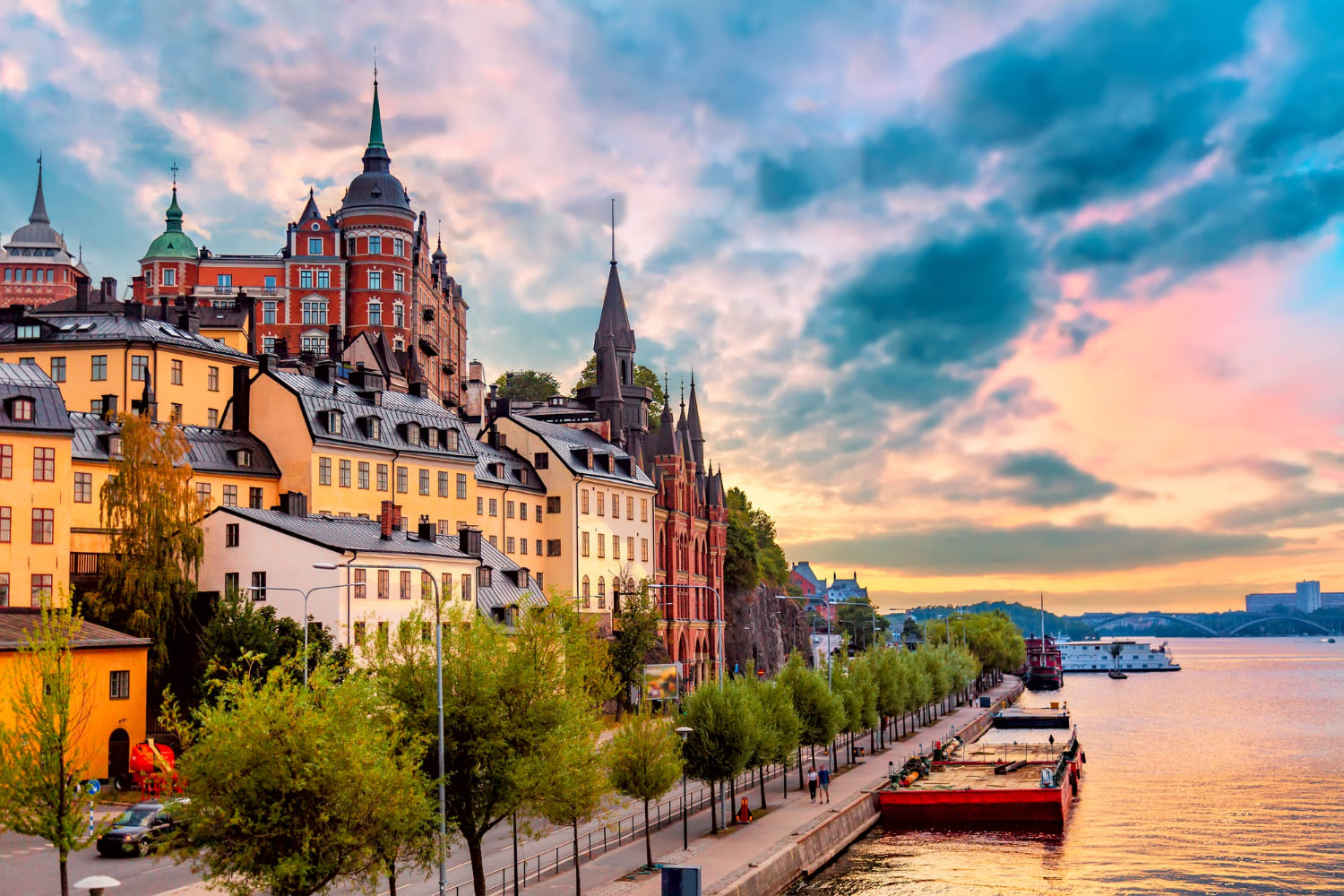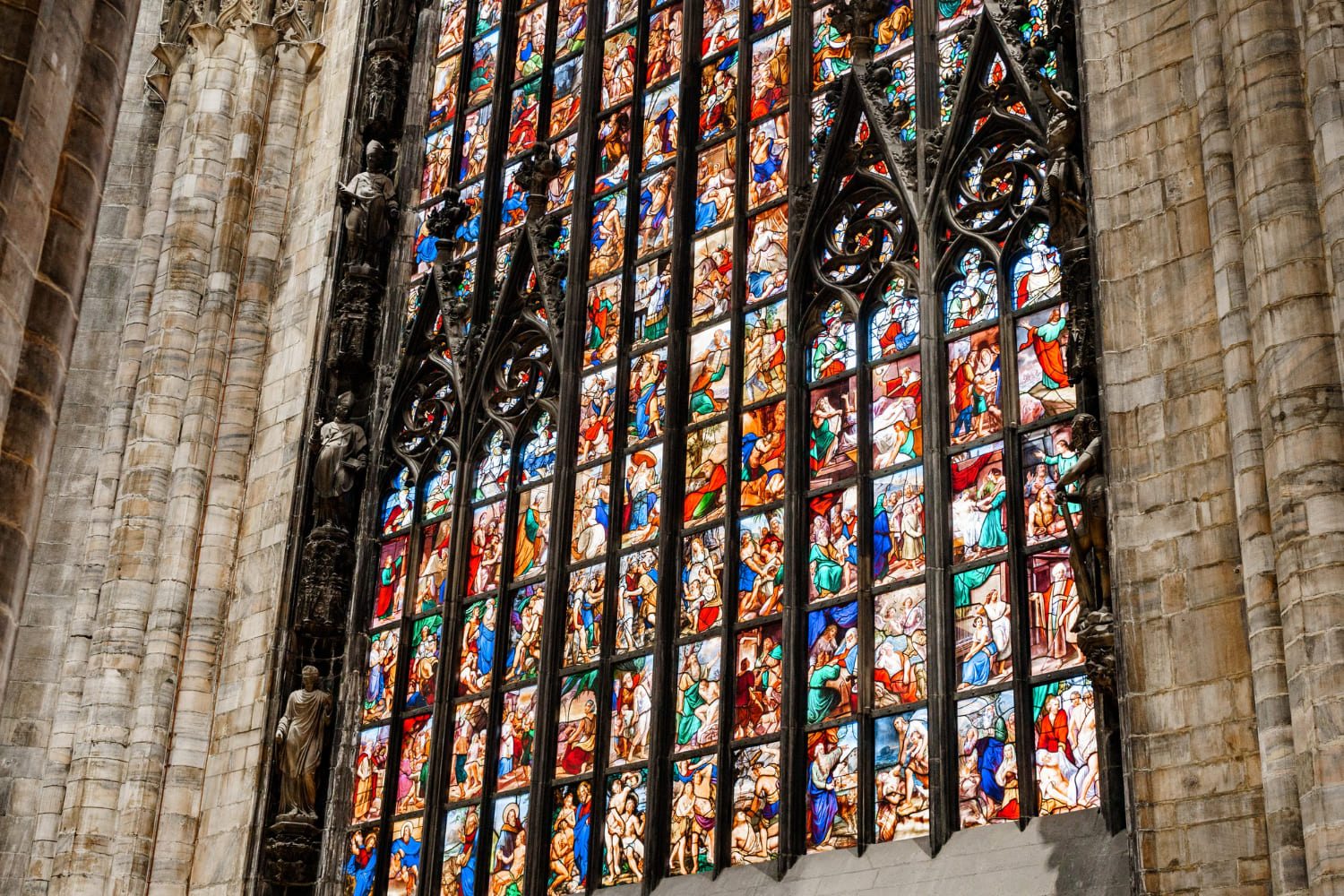Japan is a country that is known for its unique blend of ancient traditions and modern technology.
One of the most interesting aspects of Japanese culture is its diverse religious landscape.
While Shinto and Buddhism are the two most widely practiced religions in Japan, there are several other religions and spiritual practices that are also followed by the Japanese people.
According to a recent study, approximately 70.4% of Japanese people identify as Shinto, while 69.8% identify as Buddhist.
These two religions have coexisted in Japan for centuries, and many Japanese people consider themselves to be followers of both religions.
In addition to Shinto and Buddhism, there are also several other religions that are practiced in Japan, including Christianity, Islam, and Taoism.
- Overview of Religions in Japan
- Full List Of Major Religions In Japan
- Shintoism
- Shinto Beliefs and Practices
- Shinto Shrines and Rituals
- Buddhism
- Buddhist Sects in Japan
- Buddhist Temples and Practices
- Christianity
- Christian Communities in Japan
- Christian Churches and Worship
- Other Religions In Japan
- Islam
- Hinduism
- Judaism
- New Religious Movements in Japan
- Religious Demographics & Statistics
- Religion and Society
- Religion in Japanese Culture
- Religion and Law in Japan
- Religious Festivals and Holidays
- Interfaith Dialogue & Relations
- Challenges and Controversies
- 1. Discrimination Against Religious Minorities
- 2. Separation of Religion and State
- 3. Declining Interest in Religion
- Future Trends in Japanese Religiosity
- Declining Interest in Traditional Religions
- Rise of New Religious Movements
- Increased Interest in Spirituality
- Conclusion
Overview of Religions in Japan
Japan is a country with a diverse religious landscape, where different religions coexist peacefully.
The two main religions in Japan are Shinto and Buddhism. Shinto is the indigenous religion of Japan, and it involves the worship of various kami or spirits.
On the other hand, Buddhism was introduced to Japan from China and Korea in the 6th century.
According to a survey conducted in 2020 by the Agency for Cultural Affairs, approximately 70.4% of the Japanese population identifies as both Shinto and Buddhist.
However, only 3% of the population identifies as Shinto in surveys because the term is understood to imply membership of organized Shinto sects.
Additionally, around 1.4% of the population identifies as Christian, and 6.9% identify as other religions, including Islam, Judaism, Hinduism, and the Baha’i Faith.
The Japanese Constitution guarantees the freedom of religion, and the government does not officially endorse any religion.
However, the government does provide financial support to some religious organizations, including Shinto shrines and Buddhist temples, as part of its efforts to preserve Japan’s cultural heritage.
In Japan, religion plays an important role in daily life, and many Japanese people participate in religious practices and rituals.
For example, it is common for people to visit Shinto shrines during the New Year holidays to pray for good luck and success in the coming year.
Similarly, many Japanese people participate in Buddhist funerals and rituals to honor their ancestors.
Overall, Japan’s religious landscape is characterized by a rich and diverse set of beliefs and practices that reflect the country’s long and complex history.
Full List Of Major Religions In Japan
Shintoism
Shintoism is an indigenous religion of Japan that dates back to ancient times.
The word Shinto means “the way of the gods” and it is believed that there are millions of gods or spirits called kami in the Shinto faith.
The origins of Shintoism can be traced back to the Jomon period (14,000 BC to 300 BC) when the Japanese people believed in animism, the belief that everything in nature has a spirit.
Over time, Shintoism became more organized and formalized, with the establishment of shrines and the creation of religious texts.
Shinto Beliefs and Practices
Shintoism is a polytheistic religion that worships many gods or spirits called kami.
These kami are believed to inhabit natural objects such as mountains, rivers, trees, and rocks, as well as human-made objects such as buildings and swords. Shintoism places great importance on purity and cleanliness.
It is believed that impurities can cause illness and misfortune, so purification rituals are an important part of Shinto worship.
These rituals involve washing the hands and mouth before entering a shrine, as well as the use of sacred paper called shide and purification wands called haraigushi.
Shinto Shrines and Rituals
Shinto shrines are places of worship where people come to pray and offer gifts to the kami. These shrines are often located in natural settings such as forests, mountains, and near bodies of water.
The most important shrine in Japan is the Grand Shrine of Ise, which is dedicated to the sun goddess Amaterasu, the most important kami in the Shinto faith.
Shinto rituals include festivals, processions, and other ceremonies that are held throughout the year.
One of the most famous Shinto festivals is the annual Gion Matsuri in Kyoto, which attracts millions of visitors from around the world.
Buddhism
Buddhism was first introduced to Japan in the 6th century CE, derived from Chinese Buddhism.
The religion was initially restricted to the upper classes, but it gradually spread throughout the country.
During the Nara period (710-794), Buddhism became the state religion, and many Buddhist temples and monasteries were built.
The Heian period (794-1185) saw the emergence of new Buddhist sects, such as Tendai and Shingon.
Buddhist Sects in Japan
Today, there are many different Buddhist sects in Japan, each with its own unique teachings and practices.
Some of the major sects include Zen, Pure Land, Nichiren, and Shingon. Zen is known for its emphasis on meditation and the attainment of enlightenment through direct experience.
Pure Land, on the other hand, focuses on the recitation of the name of Amida Buddha as a means of attaining rebirth in the Pure Land.
Nichiren Buddhism is based on the teachings of the 13th-century monk Nichiren, who believed that the Lotus Sutra was the only true Buddhist scripture.
Shingon Buddhism, which was founded by the monk Kukai in the 9th century, emphasizes the use of mantras and rituals to achieve enlightenment.
Buddhist Temples and Practices
Buddhist temples and monasteries are found throughout Japan, and many of them are popular tourist attractions.
Visitors can participate in various Buddhist practices, such as meditation, chanting, and sutra copying.
Some temples also offer overnight stays, where visitors can experience the daily life of a monk.
In addition to these traditional practices, many Japanese people also incorporate Buddhist beliefs and practices into their daily lives, such as visiting temples during the New Year’s holiday or performing memorial services for deceased relatives.
Christianity
Christianity was introduced to Japan in the 16th century by the Portuguese Jesuit missionary Francis Xavier.
He arrived in Japan in 1549 and began preaching the gospel in Kagoshima.
Christianity spread quickly and by the end of the 16th century, there were an estimated 300,000 Christians in Japan.
However, the religion was banned in 1614 and Christians were persecuted for over 200 years.
Christian Communities in Japan
Today, Christianity is a minority religion in Japan, accounting for only about 1% of the population.
According to a report by the Agency for Cultural Affairs, there were 1.9 million Christians in Japan as of December 31, 2017.
The majority of Christians in Japan are Catholic, with Protestant denominations making up a smaller percentage.
Christian Churches and Worship
Christianity is practiced in churches throughout Japan, with the largest concentration of churches located in the Kanto and Kansai regions.
Christian worship services are held in Japanese, with some churches offering services in English or other languages.
The Catholic Church in Japan is organized into 16 dioceses, while the Protestant Church is divided into several denominations.
In conclusion, while Christianity has a long history in Japan, it remains a minority religion in the country. However, Christian communities continue to thrive and worship throughout Japan.
Other Religions In Japan
In addition to Shintoism, Buddhism, and Christianity, there are several other religions practiced in Japan. Here is a brief overview of some of the other religions in Japan:
Islam
Islam is a minority religion in Japan, with only a small percentage of the population practicing it.
According to a survey conducted in 2023, the number of Muslims in Japan was estimated to be around 100,000.
Most of the Muslims in Japan are foreigners, and there are only a few native-born Japanese Muslims. There are several mosques throughout Japan, with the largest one located in Tokyo.
Hinduism
Hinduism is also a minority religion in Japan, with only a small number of followers.
Most of the Hindus in Japan are foreign nationals, and there are only a few native-born Japanese Hindus.
There are several Hindu temples in Japan, with the largest one located in Tokyo.
Judaism
Judaism is a small but active religion in Japan. There are several synagogues in Japan, with the largest one located in Tokyo.
Most of the Jews in Japan are foreign nationals, and there are only a few native-born Japanese Jews.
New Religious Movements in Japan
There are also several new religious movements in Japan, which have emerged since the 19th century.
These religions are often referred to as “shinkō shukyō” in Japanese. Some of the more well-known new religious movements in Japan include Aum Shinrikyo, Soka Gakkai, and Tenrikyo.
These religions often combine elements of traditional Japanese religions with modern beliefs and practices.
In conclusion, while Shintoism, Buddhism, and Christianity are the main religions in Japan, there are several other religions practiced in the country as well.
These religions are often practiced by foreign nationals living in Japan, but there are also a few native-born Japanese followers.
Religious Demographics & Statistics
Japan is a country with a rich and diverse religious history.
As of 2019, the majority of Japanese people adhere to Shintoism, a traditional Japanese religion that focuses on rituals and worship of ancestors and nature spirits.
Approximately 70.4% of the population follows Shintoism, while 69.8% identify as Buddhist.
These numbers reflect the ability of the two religions to coexist, and many Japanese identify as both Shinto and Buddhist.
Christianity is a minority religion in Japan, with only 1% of the population identifying as Christian, according to.
Other religions, including Islam, Hinduism, and Judaism, make up less than 1% of the population.
There is also a growing trend of people who identify as non-religious, with 57.8% of the population reporting no formal religious affiliation in a 2019 survey.
The Japanese government does not collect official data on religious affiliation, and some surveys may yield different results.
However, it is generally agreed that Shinto and Buddhism are the dominant religions in Japan, with a long and intertwined history.
In terms of religious practices, Japanese people often participate in various traditional festivals and rituals associated with Shinto and Buddhist beliefs.
These include visiting shrines and temples, making offerings, and participating in seasonal celebrations.
However, many people also incorporate elements of Western-style weddings and funerals into their religious practices.
Overall, the religious landscape of Japan is complex and diverse, reflecting the country’s rich cultural history and ongoing social changes.
Religion and Society
Religion in Japanese Culture
Religion has played a significant role in Japanese culture for centuries. Shinto and Buddhism are the two dominant religions in Japan, and most Japanese people identify as both Shinto and Buddhist.
These religions have influenced many aspects of Japanese culture, including art, literature, and architecture.
Many famous Japanese landmarks, such as the Fushimi Inari Shrine and the Kinkaku-ji Temple, are religious sites that attract millions of visitors each year.
Religion and Law in Japan
Japan’s constitution guarantees freedom of religion, and the government generally respects this right.
However, there are some restrictions on religious practices, particularly those that may be considered harmful or dangerous.
For example, the government has cracked down on some new religious movements that have been accused of brainwashing and other abuses.
In addition, some religious practices, such as animal sacrifice, are illegal in Japan.
Religious Festivals and Holidays
Religious festivals and holidays are an important part of Japanese culture.
Many of these festivals are associated with Shinto or Buddhist traditions, and they often involve elaborate ceremonies and rituals.
Some of the most famous festivals include the Obon Festival, which honors the spirits of ancestors, and the Cherry Blossom Festival, which celebrates the arrival of spring.
These festivals are an important part of Japanese life, and they attract millions of visitors from around the world each year.
In summary, religion has played a significant role in Japanese culture and society for centuries.
Shinto and Buddhism are the two dominant religions in Japan, and they have influenced many aspects of Japanese life, including art, literature, and architecture.
While the government generally respects freedom of religion, there are some restrictions on religious practices.
Religious festivals and holidays are an important part of Japanese culture, and they attract millions of visitors each year.
Interfaith Dialogue & Relations
Japan is known for its religious diversity, which includes Shintoism, Buddhism, Christianity, and other religions.
The country has a long history of religious syncretism, where different religions coexist and influence each other. Interfaith dialogue and relations are essential to maintain peace and harmony among different religious communities in Japan.
The Japan Interfaith Council is a notable organization that promotes interfaith dialogue and cooperation among different religions.
The council aims to achieve understanding, respect, and harmony among followers of different religions and to see peaceful co-existence in the world.
The council uses various mediums to share its vision and realize its goal, including a TV talk show in Japan to counter violent extremism.
Interfaith dialogue is increasingly being recognized by governments across Europe as crucial to developing cohesive communities.
A critical analysis of approaches for developing strategies to promote interfaith dialogue between individuals and/or organizations within civil society is necessary.
It does this by drawing on a series of theoretical frameworks, including social capital theory, dialogical theory, and critical theory.
The role of religion in international diplomacy is also significant. Interfaith dialogue can play a vital role in promoting peace and understanding between countries.
The globalization of religion has created a unique opportunity for interfaith dialogue to play a significant role in shaping international relations.
The role of religion in international diplomacy is a topic that has been discussed in various academic circles.
In conclusion, interfaith dialogue and relations are essential to maintain peace and harmony among different religious communities in Japan.
The Japan Interfaith Council is a notable organization that promotes interfaith dialogue and cooperation among different religions.
Governments across Europe are increasingly recognizing the importance of interfaith dialogue for developing cohesive communities.
The role of religion in international diplomacy is significant, and interfaith dialogue can play a vital role in promoting peace and understanding between countries.
Challenges and Controversies
Despite the peaceful coexistence of Shintoism and Buddhism in Japan, there are still challenges and controversies that exist in the country’s religious landscape.
Here are some of them:
1. Discrimination Against Religious Minorities
While Shintoism and Buddhism are widely accepted in Japan, religious minorities often face discrimination.
This includes groups such as Christians, Muslims, and followers of new religious movements.
Discrimination can take many forms, such as exclusion from employment opportunities, social ostracism, and even hate speech.
2. Separation of Religion and State
Japan’s constitution guarantees freedom of religion, but there is still a debate about the separation of religion and state.
For example, the government provides financial support to shrines and temples, and the Emperor of Japan still performs Shinto rituals.
Some argue that this violates the principle of separation of religion and state.
3. Declining Interest in Religion
Like many other countries, Japan is experiencing a decline in religious affiliation. The number of people who identified as Shinto or Buddhist has been decreasing since the 1980s.
This trend is particularly pronounced among young people, who are less likely to identify with a particular religion. This decline has led to concerns about the future of religious institutions in Japan.
Future Trends in Japanese Religiosity
As of 2024, the religious landscape in Japan is diverse and complex, with a mix of indigenous Shintoism, Buddhism, and various new religious movements.
However, there are some indications that the religiosity of the Japanese people is changing.
Declining Interest in Traditional Religions
According to a 2012 poll by the Pew Research Center, 52% of the Japanese population identifies as non-religious, while 41% identify as Buddhist, and the remaining 7% identify with other religions such as Shintoism and Christianity.
This trend towards non-religiosity has been ongoing for several decades, and some experts predict that it will continue in the future.
Rise of New Religious Movements
While traditional religions are declining in popularity, new religious movements are gaining traction in Japan.
These movements often combine elements of traditional religions with new spiritual practices and beliefs.
For example, the “Happy Science” movement, founded in 1986, has grown rapidly in recent years, with over 10 million members worldwide.
Increased Interest in Spirituality
Another trend in Japanese religiosity is the growing interest in spirituality.
Many Japanese people are turning to practices such as meditation, yoga, and mindfulness to find meaning and purpose in their lives.
This trend is part of a broader movement towards wellness and self-care, which is becoming increasingly popular in Japan and around the world.
Conclusion
The future of Japanese religiosity is uncertain, but it is clear that traditional religions are facing significant challenges.
While some experts predict that these religions will continue to decline in popularity, others believe that they will adapt and evolve to meet the changing needs of the Japanese people.
Whatever the future holds, it is clear that religion will continue to play an important role in Japanese culture and society.







